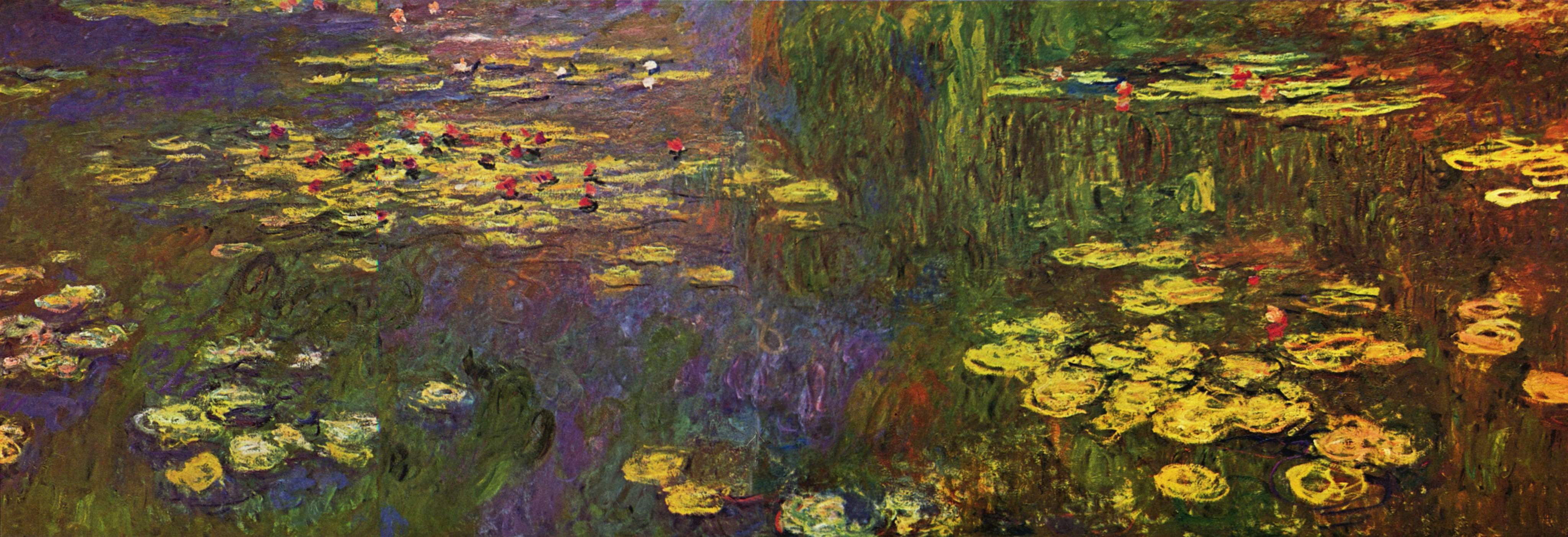Study (Know)
Read:
1. 1 Samuel 16:7
4. Pick at least 3 of Rembrandt’s paintings to read about in
Homebook of Great Paintings (to page
88): - Choose at least one Bible scene, one portrait and one etching.
Listen:
Watch:
1. One OR MORE of the videos
about Rembrandt’s paintings on Khan Academy
2. The following two videos about literary devices
Write:
1. Learn 3 new literary
devices and write your own sentence using each one: literary-devices.com
2. If you do not
do a word study for journeyman, do a word study on “grace” or another word from
your readings.
Email:
Your favorite painting by Rembrandt to Isaiah or Megan. Be prepared to share why you like it with the
class.
Teach (Understand):
EVERYONE:
Consider this: The Mansion is a story about a man who
thought he could be justified by the law.
He was “solid, correct, and justly successful.” He had kept the commandments and done a lot
of good things. He was surprised that
his works did not “count.” What had he failed to understand? How can you keep yourself from making the
same mistake? Consider the reasons for what you do what you do in a typical
day. Write in your journal or reflection book the answers to these questions.
THEN CHOOSE ONE of
the following to teach us this principle (this month, I have included the
“serve (become) part right into the teaching inspirement – it’s in bold. For the “serve (become)” section, I want you
to record your action):
-Choose your own way of teaching us what you got from the
readings. Be sure to include a way in which you applied it to your life in a specific instance. See teaching
ideas for presenting your thoughts.
-Van Dyke describes buildings in detail (imagery) to
symbolize the character of the people they belong to. Draw a picture of, make a model of, or
describe in detail the type of building that would be representative of you or
what you would like your “mansion” to look like someday. Pay attention to the architecture as well as
the decorations. Decide what you can do
to be more like your ideal mansion while remembering that it’s not what you do,
but why you do it – pick an action that
you can do today that is in line with that ideal (such as a secret act of
service). Bring your “ideal mansion” to class and teach us what you
learned.
- The author references different time periods or artists and
their styles (allusion) to describe John Weightman’s mansion (or in other
words, John Weightman’s character). Look
up one of the terms you are not familiar with and explain what he may have
meant by using that time period to describe a character trait. For example:
“Jacobean”, “Early-Victorian-Christian” or “bronzes by Barye” There are no
wrong answers – we are trying to guess why the author chose those phrases. What
kind of décor or style would the interior of your mansion have? Why? Draw or
paint a picture of one of the rooms, make a virtual model, describe it in
detail or “show” it to us in some way. How does your style bless those around
you? Use one of your talents to bless
someone this week. Come ready to teach us what you learned and did (see
teaching ideas).
-Paint or draw a scene from the Bible that will remind
others about God’s love for us or His character. As you draw, consider these questions: What
appears to be the difference in Rembrandt’s motivation for painting in his
early career and then later on in his life?
What happened to him that changed his motivation? Often it is difficult
trials that remind us to look to God and change our motiviations. How can we choose to be motivated by the
glory of God instead of our own desires.
During your chores today or
tomorrow, do them with the motivation to serve God instead of for selfish
reasons (like not getting in trouble). Share your painting and what you
learned about motivation with the class.
-John Weighman thought he understood “grace” because he
believed “in the saving doctrines of religion” Consider how Weighman’s actions
may have been different if he had understood grace as described by Brad Wilcox. Write part 2 of “The Mansion” telling of what
happens next after this story ends. Then consider your life and find a specific way to help you remember
to do the right things for the right reasons (keeping a scripture goal or
putting up a visual reminder are two examples). Come ready to share your story
(try using some literary devices!) and what you planned and did.
Serve (Become):
On your summary
sheet, write about the action you chose to do and how it went.
